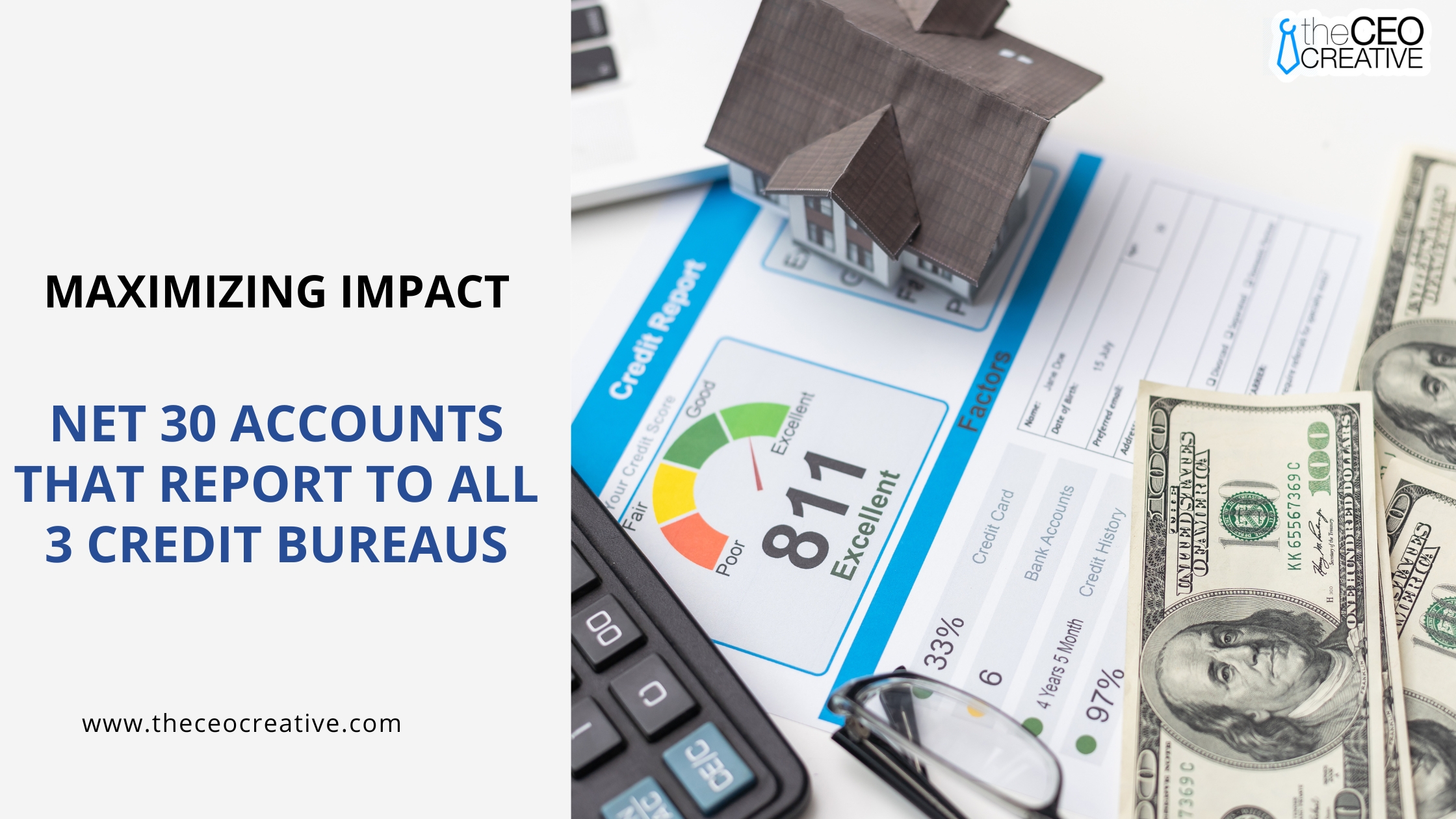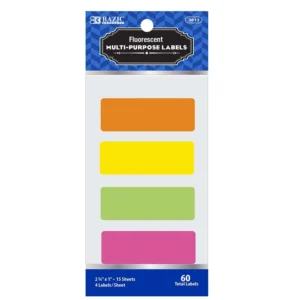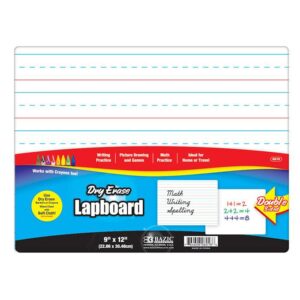Introduction to Net 30 Accounts That Report to All 3 Credit Bureaus- Experian, Equifax, and TransUnion
A good business credit score is a must for any businessman, especially in the present competitive scenario where your credit history is no secret to anyone. Imagine you had a way to bolster your credit, opening multiple opportunities for you. You can achieve all this with a NET 30 account for business credits. But wait, what exactly are Net 30 accounts?
Net 30 accounts allow businesses to receive goods or services today and pay within 30 days, offering short-term credit to help manage cash flow. This setup creates trust between the vendor and business, allowing the latter to go for larger purchases without immediate payments. The best part is that this is not it. Net 30 accounts report payment activity to all three credit bureaus—Experian, Equifax, and TransUnion. When vendors report your payment history to these bureaus, it boosts your business credit profile.
This blog will explain how Net 30 accounts work, why reporting to all three bureaus matters, how to choose the right vendors, and more. Stay tuned with the blog.
Understanding Net 30 Accounts

What is a Net 30 Account?
A Net 30 account is a trade credit arrangement between a business and a vendor. In a Net 30 agreement, the vendor supplies goods or services now, and the business agrees to pay the invoice within 30 days.
It allows businesses to use funds for other priorities, like inventory, marketing, or operational needs, without immediate payment pressures. For vendors, offering Net 30 terms can lure in more customers, encourage heftier purchases, and cultivate loyalty by showing trust in the buyer’s credit reliability.
How Does Net 30 Work?
- Short-Term Credit: The business gets a 30-day interest-free credit period. For example, if you buy office supplies on January 1 with Net 30 terms, payments are due by January 31.
- Cash Flow Flexibility: This grade period gives businesses breathing room to use revenue for other needs before paying the vendor. It is a handy way to keep cash flow steady instead of tying up funds immediately.
- No Interest (If Paid on Time): As long as you pay within 30 days, you won’t be charged any interest. It’s like free short-term financing for your business.
- Trade Credit for All Sizes: Suppliers offer Net 30 accounts for different industries (the most common being Net 30 accounts for office supplies, electronics, and marketing materials).. These accounts are used by startups, new businesses, and large companies alike to obtain needed goods on credit.
What to remember?
Net 30 is not a loan from a bank; it’s vendor credit. Approval for a Net 30 account is often easier than a bank loan or credit card since it’s based on your relationship with the vendor and sometimes minimal requirements (like having an EIN and business address).
Why Does Reporting to All Three Credit Bureaus Matter for Business Credit?
When building business credit, it is important to choose Net 30 vendors that report your payment history to all three major credit bureaus: Experian, Equifax, and TransUnion. Missing credit can slow your credit-building process, But Using Net 30 accounts that report to all three bureaus gives your business credit profile broader visibility and credibility.
Importance of Comprehensive Credit Reporting
1. Building a Robust Credit History
A strong credit history is vital for any business, especially those just starting out or with limited previous credit activity. Net 30 accounts that report to Experian, Equifax, and TransUnion provide an efficient method to build a notable credit history.
A business can create a positive footprint with each punctual payment, signaling to future lenders that it handles credit responsibly. This, in turn, enhances the business’s credibility and attractiveness to financial partners.
2. Demonstrating Financial Responsibility
A robust credit profile does more than just show you pay your bills on time—it demonstrates financial responsibility and discipline. By maintaining consistent and timely payments on Net 30 accounts, businesses signal their reliability to lenders and investors alike.
This consistent record, as reported to all three credit bureaus, lays down a narrative of a business committed to fulfilling its financial obligations, thus boosting its reputation as a trustworthy enterprise.
3. Unlocking Access to Capital
A solid credit profile is often the gateway to tapping into capital resources. Businesses with a commendable credit history are more likely to secure loans or attract investment on favorable terms.
Lenders, seeing an established history with major bureaus, will view you as a lower-risk borrower. This means you can qualify for higher credit limits or lower interest rates, fueling further growth. Good credit can also attract investors who take your company’s financial health into account.
4. Strengthening Business Relationships
Building business credit isn’t just about banks – it also strengthens your hand with suppliers. Vendors who extend Net 30 terms trust you to pay them later. If you consistently honor that trust, you’ll build strong relationships with those suppliers.
Utilizing Business Net 30 accounts that report to all 3 credit bureaus can be a game-changer in not just enhancing your credit profile but also in fortifying these valuable partnerships.
5. Empowering Negotiations
A solid credit history gives you leverage when negotiating prices or contracts with new suppliers. Whether you’re negotiating better terms with current suppliers or onboarding new ones, showcasing a solid history of timely payments can significantly tilt the scales in your favor.
You can confidently request better terms – for example, ask a supplier for bulk pricing or a higher credit limit – because your strong Net 30 account score and creditworthiness back you up. Remember, every successful negotiation could lead to increased savings and operational flexibility for your business.
Summing up in short:
In short, Net 30 accounts for business credit building can have far-reaching advantages. By reporting to all three bureaus, these accounts help establish your company’s credit profile on multiple fronts, leading to easier financing, improved trade terms, and a trustworthy reputation in the marketplace.
How to Select the Right Net 30 Vendors?
1. Credit Reporting Confirmation
The very first step in choosing the right Net 30 vendor is to verify their credit reporting practices. It’s essential to confirm that the vendor indeed reports to all three major credit bureaus (Experian, Equifax, and TransUnion)
| Note: Don’t rely on assumptions, ask the vendor, or check their terms. Comprehensive reporting is what will significantly boost your scores and enhance your overall creditworthiness. |
2. Vendor Reputation and Reliability
Choose reputable, established vendors with a solid track record. A reliable vendor will invoice correctly, report timely payments, and provide good customer service. Moreover, a vendor known for working well with businesses (especially new ones) and reliably reporting to bureaus will make your credit-building journey smoother
| Tip: You’re entering a financial relationship, so do a bit of homework: read reviews or ask peers about their experiences. |
3. Industry Relevance
Opt for vendors that align with your industry or sector. Because it ensures you’re buying things you actually need, so you can comfortably meet any purchase minimums or maximums. It also adds credibility to your business credit profile will reflect trade lines that make sense for your line of work.
Plus, an industry-aligned vendor might offer insights or terms that are particularly advantageous for your line of business.
| For example, a tech startup might seek a Net 30 account with an electronics or office supply provider, while a cleaning company might work with a janitorial supplies vendor. |
4. Approval Requirements:
If you’re a new business or startup, look for vendors that cater to companies with little or no credit history. Some Net 30 vendors have easy approval processes for small businesses.
For instance, without requiring an established credit score, they might approve your account if you have a valid EIN, business bank account, and no major red flags. Others may require a few trade references or even a personal guarantee if your business is very new
- Personal Guarantee (PG): Avoid if possible, most small-business-oriented Net 30 accounts have no PG requirement.
- Minimum Time in Business: Some vendors have time-in-business requirements, while most work with brand-new companies.
- Initial Purchase or Fees: Some vendors have a minimum initial order amount or membership fees; these are generally worth the credit reporting benefits.
Maximizing the Impact of Net 30 Accounts
Building business credit with Net 30 accounts involves more than opening an account and making payments. To truly maximize the impact, several best practices can elevate your credit profile to new heights.
Rule #1: Make Payments On Time, Every Time:
Consistent and timely payment boosts your credit. Set reminders to pay invoices a few days before the 30-day deadline or pay as soon as cash allows. Even one late payment can reduce your progress, while a string of on-time payments will steadily improve your credit reputation.
| Tip: Set up reminders to ensure payments are made on time, or Automate payments if possible to avoid late fees. |
Rule #2 Keep Credit Utilization Low:
Credit utilization is like a handbrake that affects your credit score growth. When working with Net 30 accounts, maintain a low credit utilization ratio. This ratio is simply the amount of credit you’re using compared to the amount available to you. By keeping a low credit utilization ratio, you signal to lenders that you’re a responsible borrower who isn’t living on the edge of the credit limit.
| What should you aim for? Aim for a utilization rate below 30%. Why so low? High usage can send up red flags to credit bureaus, which might lower your credit scores. |
Rule #3: Diversify Your Credit Accounts:
Net 30 accounts are fantastic assets in your credit tool belt, but don’t let them be the only players on your team. Consider adding a little diversity to your credit mix by incorporating other forms of credit, such as business credit cards or loans.
A varied credit portfolio demonstrates your ability to responsibly manage different types of credit. Think of it as maintaining a balanced diet; it keeps everything in optimum working order and showcases your financial health from various angles.
Rule #4 Monitor Your Business Credit Reports:
Keep a close eye on your credit reports from all three major bureaus—Experian, Equifax, and TransUnion. Regular scrutiny helps ensure accuracy and allows you to pinpoint potential issues before they become major headaches.
If there are inaccuracies or errors, dispute them immediately. Being proactive in the monitoring phase is essential to maintaining a healthy credit profile, like regularly going for routine check-ups at the doctor to catch any issues early.
The CEO Creative: A Leading Net 30 Vendor

Selecting the right vendor is crucial, and The CEO Creative stands out as a pioneer in the Net 30 landscape. We don’t just offer financial solutions; we redefine how businesses approach credit building with a comprehensive suite of services. Here is what we offer:
- Credit Line: Up to $5,500, offering financial flexibility for growth and investment.
- Affordable Membership: Annual fee of just $39, making it accessible to small businesses and startups
- Easy Approval Process: No long waits or red tape—get up and running quickly
- No Personal Guarantee: No personal guarantee is required, nor is a minimum limit enforced, providing flexibility.
- Holistic Business Growth: Business consulting, educational resources, and networking opportunities to support entrepreneurs.
By reporting payment activities to all three credit bureaus, The CEO Creative ensures that your diligent efforts are recognized, helping you accelerate your credit building and fortify your company’s financial health.
Ultimately, choosing The CEO Creative as your Net 30 provider is about more than accessing credit. It’s about forging a partnership that supports your business aspirations, making them a fantastic ally as you pursue success in today’s competitive market climate.
Conclusion:
Net 30 accounts that report to all three major credit bureaus offer businesses a significant chance to build and enhance their credit profiles effectively. They are more than just credit tools; they represent a strategic advantage in establishing a robust financial foundation.
Remember, building a powerful credit profile is not a one-time task but an ongoing journey. This journey requires consistency, a strategic mindset, and the willingness to adapt and grow. As you navigate this path, consider Net 30 accounts as a financial tool and a partner in achieving your business aspirations.
Frequently Asked Questions
How many Net 30 accounts do I need to build business credit?
You can start with 5 Net 30 accounts, but 1 to 3 Net 30 accounts are enough if you work with ones reporting to all three major bureaus.
Can a new or small business (startup) get Net 30 accounts?
Yes, startups can obtain Net 30 accounts, especially from vendors offering easy approval programs for businesses with little credit history.
What is a Net 30 vendor that reports to all credit bureaus?
A Net 30 vendor that reports to all three major business credit bureaus – Experian, Equifax, and TransUnion – shares your payment activity across your entire credit profile. Not all vendors do this, so choosing one that reports widely can help build your business credit faster.
Are there Net 30 accounts for purchasing electronics or tech equipment?
Yes, there are Net 30 vendors like The CEO Creative, Quill, Uline, and TigerDirect for electronics and tech equipment, as well as office supply companies and B2B electronics wholesalers that report to credit bureaus.
How does net 30 impact credit scores?
When you pay Net 30 invoices on time, it builds a positive payment history. This can strengthen your business credit profile. Late payments, conversely, can negatively impact credit and lead to penalties.
Do all net 30 vendors report to credit bureaus?
No – reporting depends on the vendor. Not all Net 30 suppliers report to all (or any) bureaus, so it’s important to check before working with them.
How should I manage net 30 payments to maximize credit benefits?
To get the most credit impact via net 30 payments, pay invoices on time or earlier, keep your outstanding balances low (ideally under 30% of your limit), and regularly check your business credit reports to ensure all payments are being reported correctly.








